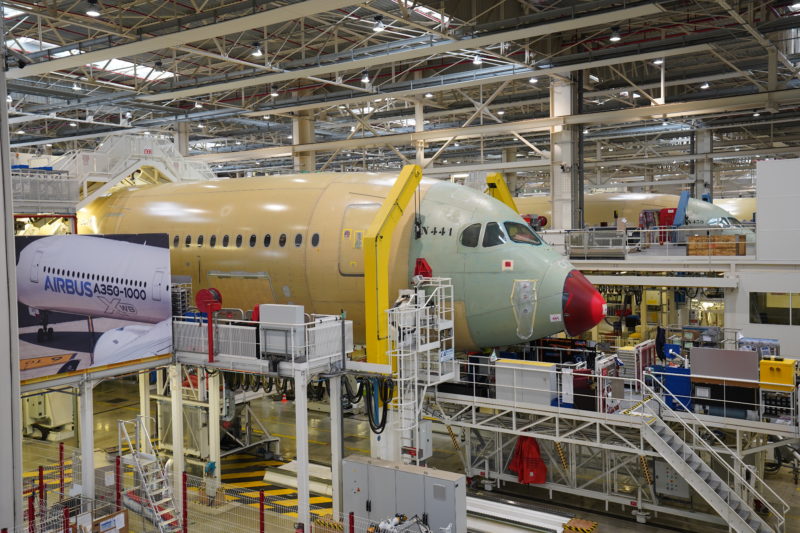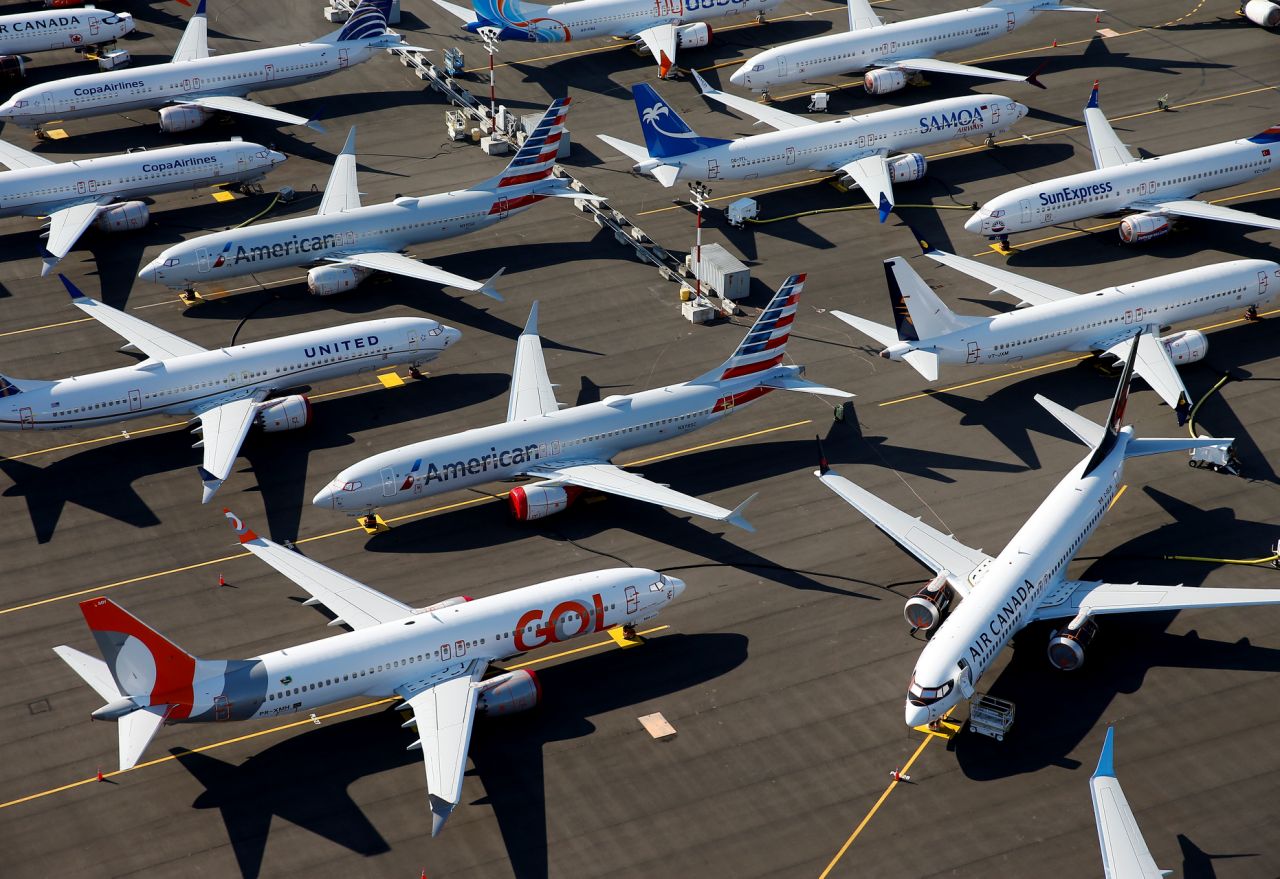Boeing Plane Production and Q2 Financial Results
Boeing will stop producing the iconic 747 jumbo jet in 2022, B777X launch customer Emirates will receive the first B777X a year later than previously planned.
The US aircraft maker will also be reducing output of their 777s, 787 Dreamliners and the previously best-selling 737 MAX, in the wake of the pandemic and its impact on air travel.
Boeing on Wednesday disclosed a $2.4 billion loss in the quarter ending on 30th June, as revenues fell 25% to $11.8 billion.
“The reality is the pandemic’s impact on the aviation sector continues to be severe.” wrote Dave Calhoun, Boeing’s CEO, in a letter to staff.
He said that the pressure from the pandemic has meant airlines are: delaying jet purchases, slowing deliveries, deferring elective maintenance, retiring older aircraft and reducing spending, impacting on Boeing’s bottom line.
A number of airlines, including Qantas and British Airways, have already announced that they are retiring their 747 fleets early and with passenger numbers not expected to recover fully until 2024, the demand for new wide-body aircraft remains low.
The demand for new narrow-bodies is also low, causing Boeing to rethink their production schedule for the 737 Max; which remains grounded following two crashes which killed 346 people.
While Boeing said they have re-started production of the Max, they only plan on making 31 per month by 2022; this is roughly half the output rate planned before the jet was grounded. Calhoun said that Max deliveries would be delayed until Q4 2020, rather than Q3.
| Aircraft Type | Production Per Month |
| B737 MAX | 31 |
| B777/777X | 2 |
| B787 | 6 |
The Max grounding has already cost Boeing some $20 billion, the company has said that potential concessions to airline customers relating to the Max increased by $551 million in the last quarter.
Boeing said they will reduce the 787 production rate to six aircraft per month in 2021, while the 777/777X combined production rate will be reduced to two per month in 2021.
Calhoun also told employees that the company, which previously announced a 10% reduction in its workforce, will need to make further job cuts.
“Regretfully, the prolonged impact of Covid-19 causing further reductions in our production rates and lower demand for commercial services means we’ll have to further assess the size of our workforce.”
Boeing CEO David Calhoun
In the last quarter Boeing delivered 20 aircraft, compared to 90 in the same period last year.
Airbus Plane Productions and Q2 Financial Results
Airbus has announced that they are cutting production of their A350 wide-body down to five jets a month, after reporting a second-quarter operating loss of $1.4 billion in the wake of the coronavirus crisis.

“The impact of the Covid-19 pandemic on our financials is now very visible in the second quarter, with H1 commercial aircraft deliveries halving compared to a year ago.” said Airbus CEO Guillaume Faury in a statement.
Revenues decreased to $22.2 billion in the first half of 2020; driven by the difficult market environment impacting the commercial aircraft business, with around 50% fewer deliveries year-on-year.
Net commercial aircraft orders in H1 totalled 298, including eight aircraft in Q2, compared with 88 aircraft in H1 2019.
A total of 196 commercial aircraft were delivered (H1 2019: 389 aircraft) comprising 11 A220s, 157 A320s, five A330s and 23 A350s.
At the end of June, around 145 commercial aircraft could not be delivered due to the pandemic.
Faury said “We have calibrated the business to face the new market environment on an industrial basis and the supply chain is now working in line with the new plan. It is our ambition to not consume cash before M&A and customer financing in H2 2020”.
“We face a difficult situation with uncertainty ahead, but with the decisions we have taken, we believe we are adequately positioned to navigate these challenging times in our industry.”


